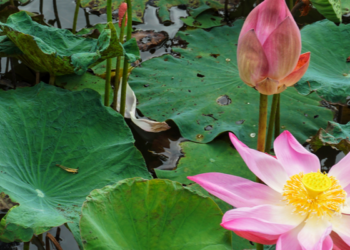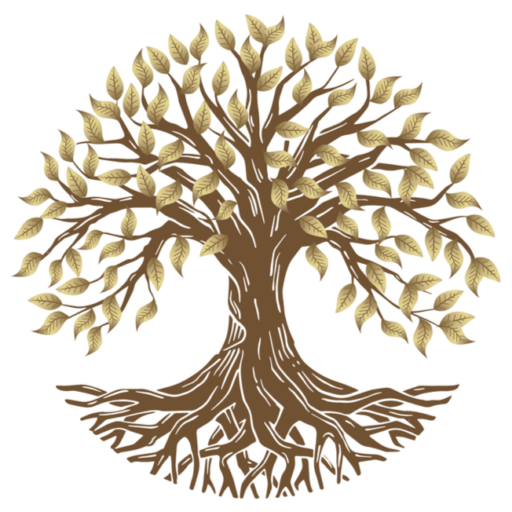Ancestor worship is among the fundamental principles of Hinduism. The death Ceremony prescribes specific Hindu rituals as per scriptures. The son ought to perform the Sapinda service on the twelfth day and the sixteen monthly offerings. The eleventh-day ceremony includes offering an umbrella to protect the soul from the scorching heat. Other offerings include clothes, food, water and a cow. These offerings by the son are to ensure the soul traverses smoothly without any discomfort.
Chitragupta, the accountant of Lord Yama, maintains a record of all actions of the soul during his earthly life. The spirit leaves off its “Pretatva”, or the garb of a traveller. Spirit attains the status of Pitri or Ancestor.
Ancestor-worship according to Hindu Philosophy
Ancestor-worship Is among the fundamental principles of Hinduism. The different stages of ancestral life are., father, grandfather and great grandfather, and mother, grandmother and great grandmother. Man who has performed meritorious action during earth-life becomes united with his ancestors at the Pitri-Loka and lives together.
People who are unaware of the performance of Sraaddha, Tarpana and other religious rites should educate themselves. Ancestral worship is beset with a lot of benefits. Appeasement of the ancestors enables us to lead a peaceful life and helps the souls onward journey in peace.
















